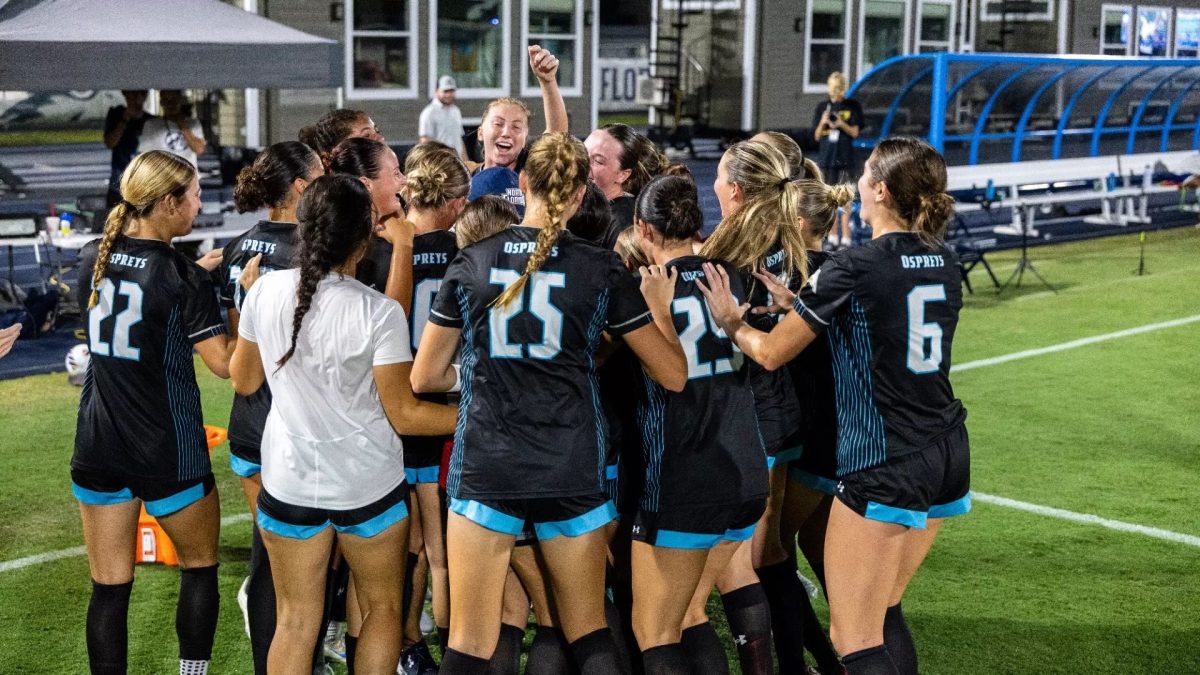
Slavery is not an institution relegated to the past. Human trafficking, the second largest criminal enterprise in the world, occurs in every state in the U.S., affecting up to 30,000 victims in the nation annually. And it’s growing.
Liya Chang was manipulated into the sex-slave market at 15 years old at a Cambodian brothel. Forced to service 10 men a day, Chang was beaten, gang raped, addicted to drugs and treated as if she was not human, she said. These are elements of slavery.
Chang, now 19, and Srey Neth Chan, 21, are the lucky ones — believe it or not. Transition Global, an organization for victims of human trafficking, rescued the girls from their battered servitude.
Now, upon completing therapy programs supported by Transition Global, the Cambodian girls are traveling the United States with the organization to tell their story and hopefully to make a difference.
The girls sat silently — a little nervous, they admitted, but still desperate to be heard — at the Transition Global informative seminar in the UNF Student Union Oct. 22.
“I hope when you listen,” Chang said via translator, “you will share with other people who were not here, and make sure your children understand the harmful experience of working in a brothel.”
Chan, who was sold into a brothel when she was 14 years old, added to Chang’s sentiment.
“It’s hard to tell our story, but then I feel so relieved,” she said.
Police, who placed her with Transition Global, rescued Chan.
“There are a lot of people listening to us, and I know they’re going to help,” she said.
This trip is the first time Chan and Chang have left Cambodia. They will return to their jobs as yoga instructors in November.
Over 1.2 million children are victims of human trafficking every year, according to the United Nations. The problem is not confined to Asia. Cases of human trafficking have occurred in Jacksonville.
In 2008, two runaway Virginia girls, 15 and 16, were subjected to prostitution upon meeting a drug dealer who plied them with drugs and promised them a better life in Florida.
“What makes sex trafficking so epidemic globally is that it’s a crime that goes unseen,” said James Pond, founder of Transitions Global.
Transitions Global is a non-governmental organization formed to promulgate and fight the existence of the human trafficking market, Pond said.
“It takes more people knowing,” Pond said. “We, as a nation, love to hide our heads in the sand because it’s difficult to face.”
He said the organization would provide shelter, medical care, transportation, visa’s and just about anything needed to liberate victims. They also assist with prosecuting offenders.
“Human trafficking knows no societal, no ethnic, no color or cultural boundary,” said Crystal Freed, lawyer and member of the Northeast Florida Human Trafficking Task Force. “The crime occurs all over the world.”
Even though slavery was abolished in the U.S. in 1865, it still exists today and is in our own backyard, Freed said.
“If you thought slavery in the United States was abolished, I am sorry to report to you that you are wrong,” she said.
The reason why human trafficking exists, Freed said at the seminar, is the product of human greed and “carnal, sick desires.”
“The most effective method to beat it is to fight it,” Pond said.
Telltale signs of human trafficking include: young women who are forbidden to go anywhere alone, are spoken for by others, can’t keep their own wages or are being forced to pay off a debt that never ceases.
Who can help?
The Defender Foundation: (904) 240-4580
World Relief Jacksonville: (904) 448-0733
Jacksonville Sheriff’s office: (904) 630-0500
Transition Global: (513) 898-9372
Visit: thedefenderfoundation.org or transitionglobal.org for more details.















